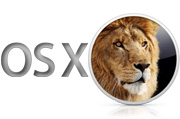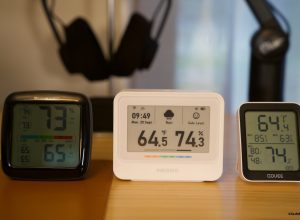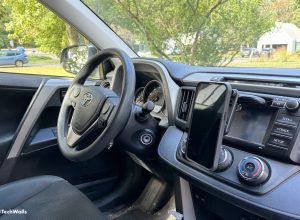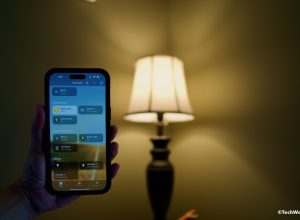Earlier this year Google attempted to expand their operations further afield than the search engine program that made their name a trusted brand across the internet. For the first time in company history they were to experiment in the world of hardware by releasing the Chromebook; a computer made with the assistance of Korean manufacturing giants Samsung. The striking thing about the new piece of hardware was that it represented not just a cheap portal made for cloud computing storage but, instead, represented a device aimed at completely altering the way its users interacted with their computers eliminating software and off-line use completely.
The Chromebook’s unique selling point, the detail it hoped would help create a place in the market for them, was the fact it dispensed entirely with non-internet based appliances. The motto was “nothing but the net”. The thinking here was to streamline the computer to improve usability and base the entire operations around the user’s on-line interactions by allowing internet only activities and cloud storage negating the need for off-line apps and software. This however represented a huge gamble on Google’s behalf. For the Chromebook to operate sufficiently, the computer would have to have continuous access to the internet and even a fleeting lack of connection would render the device entirely unusable. Apple, however, were about to launch a new operating system for their products which aimed at improving on the streamlined approach of the Chromebook whilst eliminating its flaws.

Apple’s OS X Lion was launched after the Chromebook and, whilst offering similar services and operations, has managed to avoid many of the negative issues that have surrounded Google’s product. The OS X Lion and the Chromebook both share in common the fact they utilise cloud computing yet Apple’s product offers a wider degree of versatility and allows the user greater control over the documents they create and how and where they can be stored. Whereas Google have attempted to increase usability in their new device it is in fact the OS X which has put the user more centrally to the functionality of their product. Initially it was feared that the latest Apple operating system – formally known as version 1-.7 – would focus on catering more exclusively to iPhone and iPad users but, thankfully, the Lion is geared towards traditional computer uses whilst being recognisable and slicker than packages offered them in the past. It is the fact that Apple have an existing base of users who they are able to cater towards and modify their output that is most likely to win the marketplace battle between the Chromebook and the Lion.
The Lion is a system which is the more likely of the two to appeal to both casual users and business owners looking to integrate a centralized system into their operations. Whereas the OS X Lion features Cloud Computing it does not dispense entirely of off-line operations either; Apple’s product still allows users to utilise whichever software and apps it would like and as such represents a more pleasing and versatile user experience. The Chromebook, as mentioned, however, is entirely reliant on perpetual access to the internet and would represent a huge gamble to a business who would need continual access to sensitive information at all times; if internet access is lost then there would be no “plan B” with the Chromebook and operations would grind to a halt. Cloud computing can also represent more of a hacking danger than having information stalled on internal computers only.
The initial reviews for the Chromebook have been a mixed bag but with some praise levied for it’s enviable start-up time; this however is entirely useless if internet access is not easily available and the OS X Lion also, it should be noted, has an impressive start-up time itself. The OS X Lion in general has all the benefits of the Chromebook but also boasting none of the negative sides. Another point of note, and one that could prove crucial in the war between Google and Apple, is that although Google are held in incredibly high esteem for their search engines they are an unknown force in the hardware market and to some the cross-over into marketing computer devices would be akin to a celebrity chef writing a political memoir. Apple, however, are firmly established in the market and have built up a large and fiercely loyal audience for their brand. At the best of times it is hard to convince some rabid Mac fans to invest in non-Apple products but to do so with an unknown quantity in the hardware field with a system that asks them to abandon the current way they interact with computers may be a bit much.
Disclosure: We might earn commission from qualifying purchases. The commission help keep the rest of my content free, so thank you!




Branda Moul says
Won’t work with MAC! Tried and waited several months!